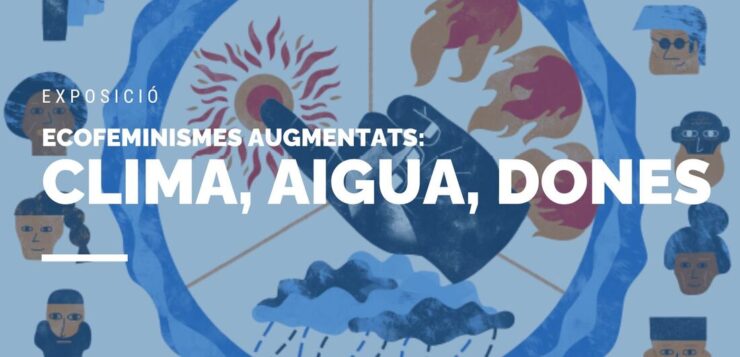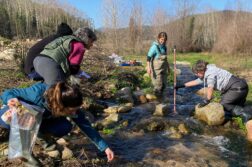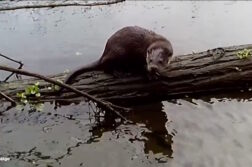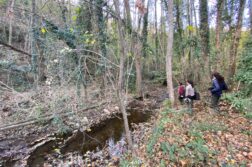The exhibition “Augmented ecofeminisms: climate, water and women” opens this October 5. Is an initiative of the Gender Group of the Iberian Association of Limnology, of which researchers from the CEAB are part.
Global change affects the entire population, but it is the world’s poorest people and those in vulnerable situations, especially women and girls, who bear its worst consequences. Among these impacts are droughts, pollution or the loss of biodiversity that is drastically altering rivers, lakes and wetlands around the planet.
At the same time, there are many women who have become prominent voices in the movements for the defense and protection of these ecosystems, proposing and implementing other ways of doing things, which allow us to move towards an ecological and ecological world. socially fair.
However, we often forget one and the other and perpetuate models and ways of addressing environmental problems that have proven totally ineffective.
The exhibition “Augmented ecofeminisms: climate, water and women” proposes us to reflect on all this. With the journey through the illustrations and the plastic and audiovisual material, we discover a possible future based on alternative views, voices and ideas to the current system, such as those proposed by ecofeminism.
The exhibition opens (in a public event, open to everyone who wants to participate) this October 5 at the Faculty of Sciences of the University of Girona (UdG). There will be both the artists and the scientists who have developed the project (among the scientific team, the CEAB researchers Anna Lupon and Susana Bernal).
Afterwards, it can be seen in the same Faculty of Sciences of the UdG until the end of the month. Afterwards, he will travel to the universities of Vic, Valencia, the Complutense of Madrid, the Rey Juan Carlos and the University of Murcia.





